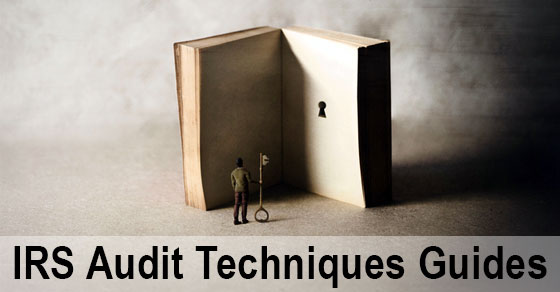If you operate a business, or you’re starting a new one, you know records of income and expenses need to be kept. Specifically, you should carefully record expenses to claim all the tax deductions to which you’re entitled. And you want to make sure you can defend the amounts reported on your tax returns in case you’re ever audited by the IRS.
Be aware that there’s no one way to keep business records. On its website, the IRS states: “You can choose any recordkeeping system suited to your business that clearly shows your income and expenses.” But there are strict rules when it comes to deducting legitimate expenses for tax purposes. And certain types of expenses, such as automobile, travel, meal and home office costs, require extra attention because they’re subject to special recordkeeping requirements or limitations on deductibility.
Ordinary and necessary
A business expense can be deducted if a taxpayer establishes that the primary objective of the activity is making a profit. To be deductible, a business expense must be “ordinary and necessary.” In one recent case, a married couple claimed business deductions that the IRS and the U.S. Tax Court mostly disallowed. The reasons: The expenses were found to be personal in nature and the taxpayers didn’t have adequate records for them.
In the case, the husband was a salaried executive. With his wife, he started a separate business as an S corporation. His sideline business identified new markets for chemical producers and connected them with potential customers. The couple’s two sons began working for the business when they were in high school.
The couple then formed a separate C corporation that engaged in marketing. For some of the years in question, the taxpayers reported the income and expenses of the businesses on their joint tax returns. The businesses conducted meetings at properties the family owned (and resided in) and paid the couple rent for the meetings.
The IRS selected the couple’s returns for audit. Among the deductions the IRS and the Tax Court disallowed:
- Travel expenses. The couple submitted reconstructed travel logs to the court, rather than records kept contemporaneously. The court noted that the couple didn’t provide “any documentary evidence or other direct or circumstantial evidence of the time, location, and business purpose of each reported travel expense.”
- Marketing fees paid by the S corporation to the C corporation. The court found that no marketing or promotion was done. Instead, the funds were used to pay several personal family expenses.
- Rent paid to the couple for the business use of their homes. The court stated the amounts “were unreasonable and something other than rent.”
Retirement plan deductions allowed
The couple did prevail on deductions for contributions to 401(k) accounts for their sons. The IRS contended that the sons weren’t employees during one year in which contributions were made for them. However, the court found that 401(k) plan documents did mention the sons working in the business and the father “credibly recounted assigning them research tasks and overseeing their work while they were in school.” Thus, the court ruled the taxpayers were entitled to the retirement plan deductions. (TC Memo 2023-140)
Lessons learned
As this case illustrates, a business can’t deduct personal expenses, and scrupulous records are critical. Make sure to use your business bank account for business purposes only. In addition, maintain meticulous records to help prepare your tax returns and prove deductible business expenses in the event of an IRS audit.
Contact us if you have questions about retaining adequate business records.




